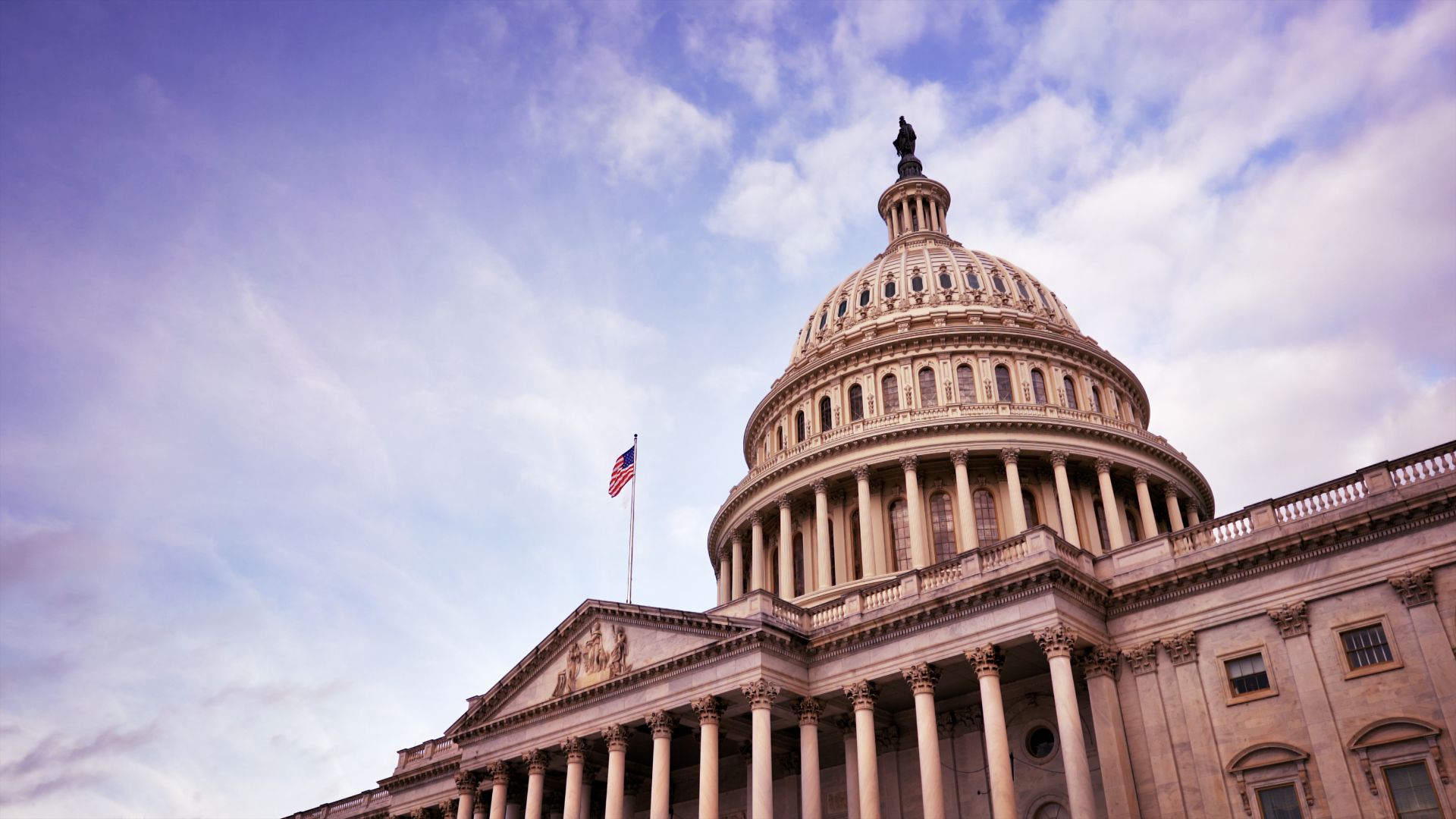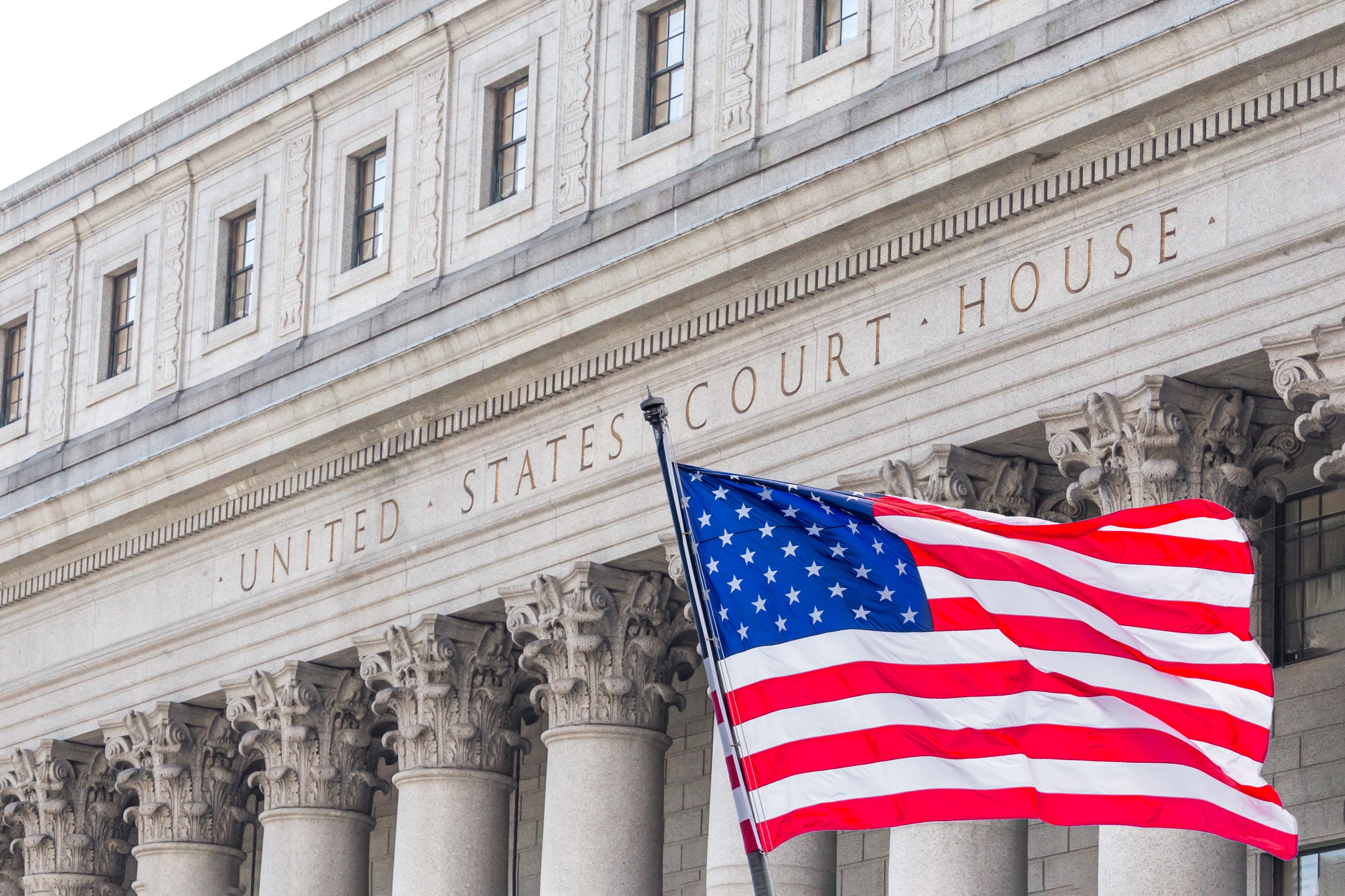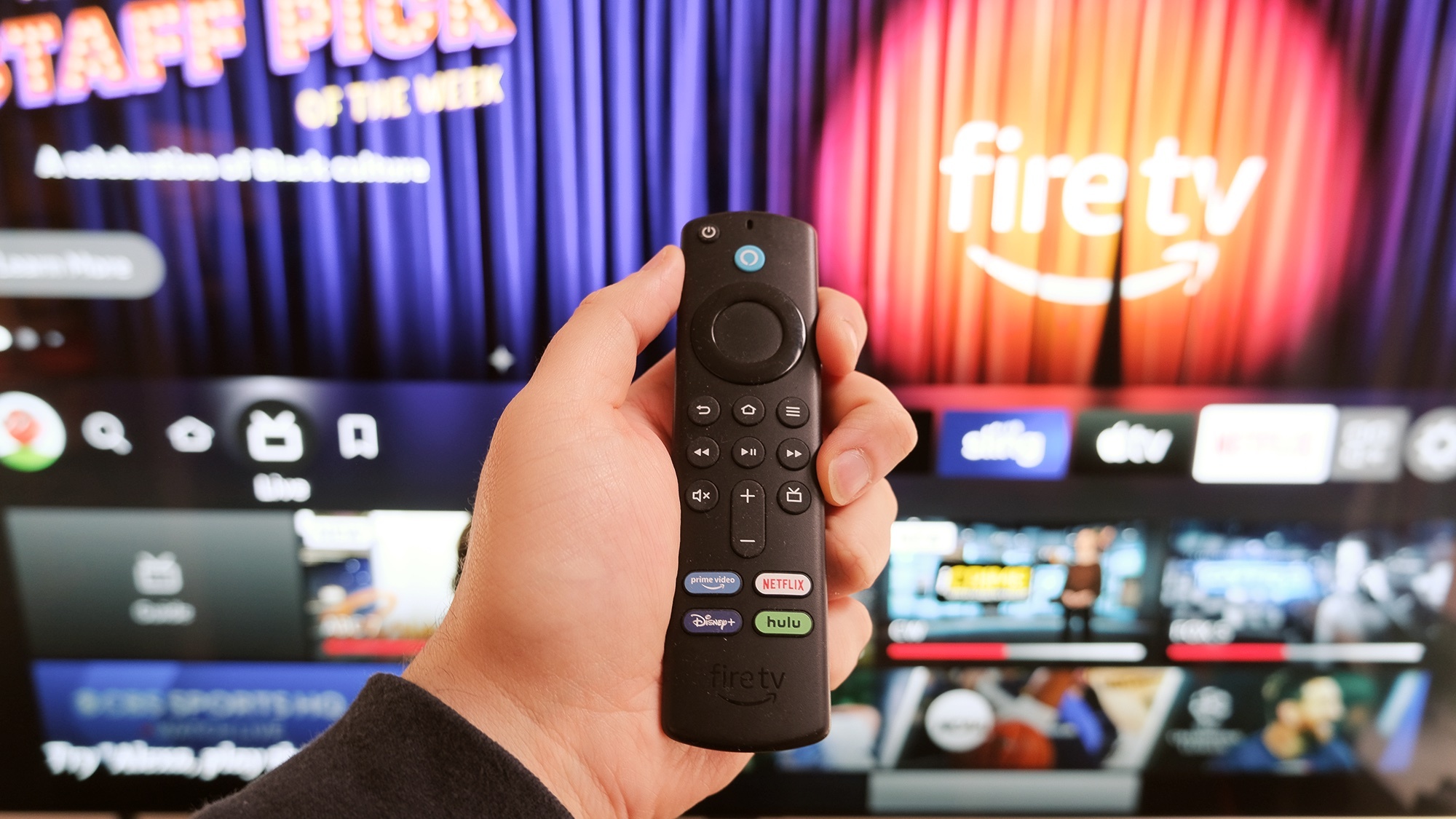These states have the worst data privacy in the US – is yours one of them?
Is your state keeping your data safe?

Here at Tom’s Guide our expert editors are committed to bringing you the best news, reviews and guides to help you stay informed and ahead of the curve!
You are now subscribed
Your newsletter sign-up was successful
Want to add more newsletters?

Daily (Mon-Sun)
Tom's Guide Daily
Sign up to get the latest updates on all of your favorite content! From cutting-edge tech news and the hottest streaming buzz to unbeatable deals on the best products and in-depth reviews, we’ve got you covered.

Weekly on Thursday
Tom's AI Guide
Be AI savvy with your weekly newsletter summing up all the biggest AI news you need to know. Plus, analysis from our AI editor and tips on how to use the latest AI tools!

Weekly on Friday
Tom's iGuide
Unlock the vast world of Apple news straight to your inbox. With coverage on everything from exciting product launches to essential software updates, this is your go-to source for the latest updates on all the best Apple content.

Weekly on Monday
Tom's Streaming Guide
Our weekly newsletter is expertly crafted to immerse you in the world of streaming. Stay updated on the latest releases and our top recommendations across your favorite streaming platforms.
Join the club
Get full access to premium articles, exclusive features and a growing list of member rewards.
It's Data Privacy Week, and here at Tom's Guide we're taking a look at all the things that could have an impact on your data privacy – and there's one you may never have considered: your location.
That's right, even if you take steps to protect yourself and your data online – whether it's using one of the best VPNs or making sure to use strong, unique passwords for each of your accounts – if you're in the US, you may be surprised to learn that where you live can have an impact on your data privacy.
New research has revealed which US states are the most and least vulnerable in terms of data privacy. So, is your state keeping your data safe, or is it at risk?
Ranking criteria
First off, what actually is data privacy? Well, data privacy (also known as information privacy) is the principle that you should be able to control your own data, including how it is used, stored and collected by organizations. Some laws (e.g. HIPPA) are put in place specifically to respect peoples' data privacy.
In order to decide which states have the best (and worst) data privacy, B2B marketplace DesignRush did research into the data privacy of each of the 50 states. The study evaluated the data privacy of all the US states based on three key criteria:
- Strength of data protection laws
- Cybercrime rate
- Data breach rate
Together, this was used to assign a Safety Score to each state, with a high score meaning good safety and a low score meaning poor safety.

Which states are the worst for data privacy?
So, which states are the least safe in terms of data privacy?
Based on the research parameters, the 3 states with the worst data privacy are South Dakota, Alaska and Massachusetts.
South Dakota was the least safe, getting a safety score of 65.14. This was not only due to its lack of data privacy laws, but its high rates of cybercrime (183.6 incidents per capita 100.000) and data breaches (0.98 per capita 100.000).
Next up was Alaska, which was given a Safety Score of 66.50 on account of its very high cybercrime rate, as well as its low amount of legal protections. While it does have a low amount of data breaches (0.14 per capita 100.000), this isn't enough to boost its score high enough.
Third-worst was Massachusetts, whose high data breach rate of 1.21 per capita 100.000 and cybercrime rate of 141.6 per capita 100.000 combined with a low amount of legal protections netted it a Safety Score of 68.16.
Which states are the best for data privacy?
Well, we've looked at the worst states for data privacy, so now let's look at the best.
Based on Design Rush's criteria, Kentucky, Rhode Island and Tennessee were considered to be the best for data privacy.
Coming out on top was Kentucky, which achieved a Safety Score of 99.32. This was due to its strong legal protections, incredibly low cybercrime rate (102.5 incidents per capita 100.000) and rates of data breaches (0.09 per capita 100.000), as well as its strong data protection laws.
In second place was Rhode Island on account of its strong legal protections and extremely low rate of data breaches (0.09 per capita 100.000). While it does have a moderate rate of cybercrime (130 incidents per million), its low amount of data breaches and data protection laws brought its Safety Score up to 97.14.
Finally, in third place was Tennessee, with a Safety Score of 96.43. The major contribution to its high score were its comprehensive data privacy laws, as well as its moderately low rate of data breaches (0.20 per capita 100.000) and low rates of cybercrime (119 incidents per capita 100.000).
It is important to note, however, that your data can be at risk no matter where you live, and living in a state with good data privacy does not mean you shouldn't do anything to secure your data.
This is because your data is personal and private to you, and encompasses a whole range of things, from your email address to your banking information and even your social security number. This data is incredibly valuable to hackers who can use it to target you in phishing campaigns, and can even use it to steal your identity.
Luckily, there are things you can do to easily improve your data privacy that – thankfully – does not involve moving states.
How to improve your data privacy
If you've never thought about how you might improve your data privacy, it may seem like quite a daunting task. However, there are actually a number of relatively simple things you can do in order to make yourself (and your data) safer.
Whether you're in South Dakota or Kentucky, you can take these following steps to improve your data privacy:
- Use strong, unique passwords for every account. This ensures that if one of your accounts is compromised, hackers can't gain access to your other accounts. If you're worried about keeping track of them all, using one of the best password managers will help.
- Enable two-factor authentication. This ensures that your accounts have an extra layer of security, and you will be alerted if someone tries to access them.
- Use a data anonymizing service. This means that if this data is compromised, your real data remains safe. Examples of this include Surfshark's Alternative ID, or Apple's Hide My Email.
- Review and adjust your privacy settings on social media. This will ensure you are not sharing data with people you don't know, and that you're not sharing unnecessary data.
- Use a VPN, especially when on public Wi-Fi. By using one of the most secure VPNs, you will ensure that your internet traffic is encrypted, and prevent anyone who tries to snoop on it.
- Review what permissions you give to apps. By revoking any unnecessary ones, you will prevent them from having access to your device or your data that they do not need.
- Do not provide unnecessary personal data when signing up for services. By refining the amount of information companies and organizations have for you, you keep your data overall safer.
By taking these steps, you'll help protect your data from anyone who wants to get their hands on it.
Get instant access to breaking news, the hottest reviews, great deals and helpful tips.

Olivia joined Tom's Guide in October 2023 as part of the core Tech Software team, and is currently VPN Commissioning Editor. She regularly uses VPNs to make sure they deliver what they promise, and specializes in testing VPNs with streaming sites.
 Club Benefits
Club Benefits










